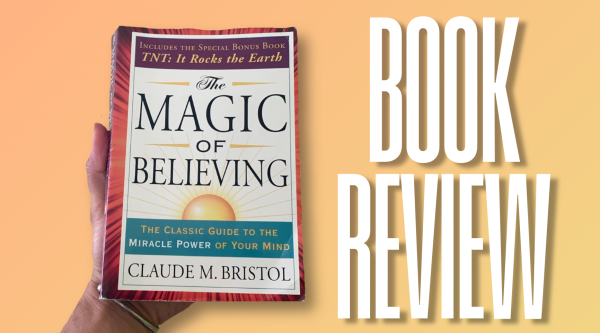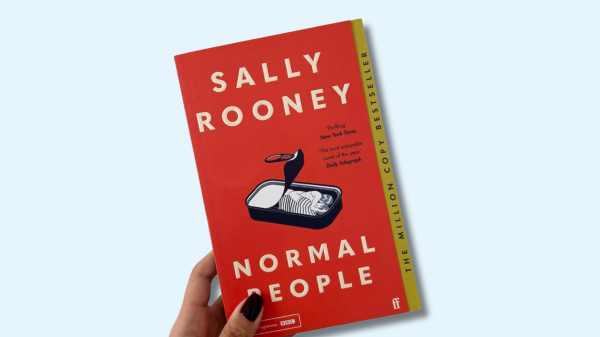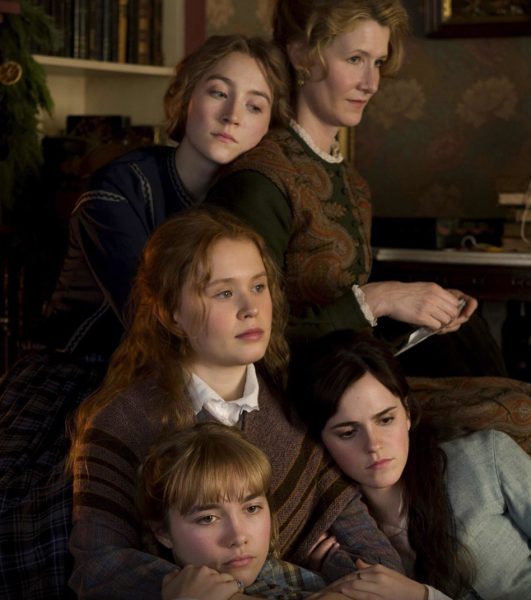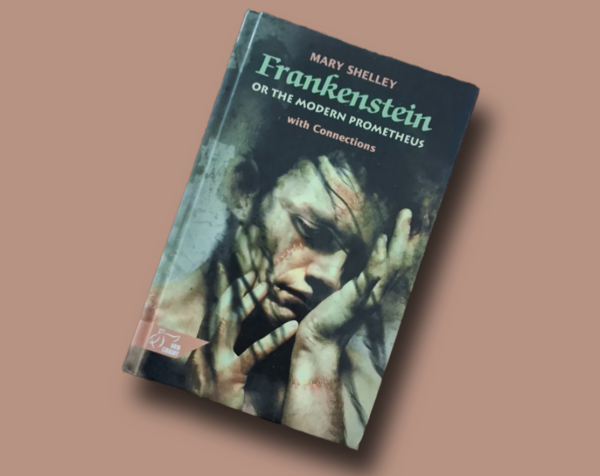Fordham Alumnus Peter Quinn Discusses His 1994 Novel
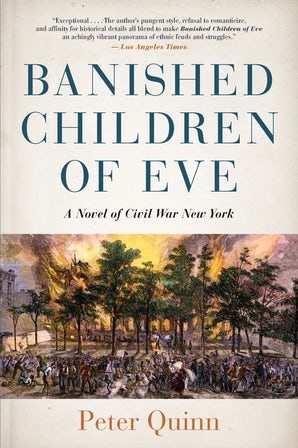
In early April, Fordham University Press re-issued Peter Quinn’s novel “Banished Children of Eve: A Novel of Civil War in New York.” (Courtesy of Facebook)
Earlier this month, Fordham University Press re-issued Peter Quinn’s “Banished Children of Eve: A Novel of Civil War in New York.” As the war enters its third year, the novel follows a series of characters from all walks of life — an Irish American hustler, a stockbroker, a female servant, an actress, a general, an archbishop and a musician. Despite their vastly different backgrounds, they’re all on a shared search for the American Promised Land. And looming over them, of course, is the Civil War itself, which Quinn expertly crafts into a character all on its own. With the draft imminent, the upheaval of the riots brings the characters together as Quinn shows us how they experience the “deadliest and most destructive urban disturbance in American history.”
Fordham University alumnus Peter Quinn previously served as the chief speechwriter for multiple New York governors and worked as the corporate editorial director at Time Warner. Now, he shares with us one of his brilliant endeavors as an author. Quinn was generous enough to participate in a Q&A with The Fordham Ram, sharing insights into the novel and the writing process that will boost this book higher on your reading list.
Quinn’s personal identity puts him in a unique position in taking on this project which makes it all the more alluring. “The tale I wanted to tell was rooted in my own family’s history,” he told the Ram. “My first ancestors in New York were famine-era immigrants who arrived before the Civil War. Beyond some names and a few lines in census documents and parish records, I knew almost nothing about them. Since I couldn’t find them in history, I turned to fiction.”
Not only was the novel born of Quinn’s exploration of his own identity, but it spurred discovery as well. After the book was written, he heard from a previously unknown relative who confirmed his search. “Our ties to the past are often tighter than we think,” he said.
Considering the novel’s re-publication and its implications for a new audience, Quinn easily sees how it continues to apply to a new audience in more ways than one. “The underlying themes involve racism, immigration, ethnic tensions and income inequality,” he said. These themes are ever-present in today’s society. Additionally, “the Draft Riots are neither commemorated nor reenacted. There’s no need. They’re part of the war that didn’t end at Appomattox. They continue to play out in our streets.”
In speaking on the writing process, Quinn confessed that there’s much involved that the readers may never even get to see directly. “I spent an inordinate time … I gained insights that I needed to fill out Foster’s character, but the reader didn’t have to know.” He admitted to how challenging the decision to exclude anything can be. “I resisted getting rid of the chapter, then recalled Hemingway’s admonition, ‘Kill your darlings, even when it breaks your egocentric little scribbler’s heart, kill your darlings.’” Still, Quinn’s work was certainly not wasted, as readers see the value of his research in the undeniable reality of his characters. Though we may not get every small detail that Quinn uncovered, any reader who is paying attention can feel the fullness of Quinn’s characters as though they were real people walking alongside us in real life. Quinn’s description of his relationship with his characters is even more telling of the care that went into creating them. “You spend untold hours in the company of people who … you made up. You talk and argue with them, beg them to reveal their secrets,” he said of his characters.
Quinn also shared a precious lesson in pursuing dreams. As a father of two young children and a full-time worker, Quinn worried he wouldn’t have the time to set out on his first work of fiction. But advice from a friend turned his concerns into a reignited drive. “He told me to make the time,” Quinn shared. “I resented his blunt, cold-hearted reply until I realized he was right. I started getting up five days a week at 5:30 a.m. to research and write before I turned to my day job.” He shared an anecdote of sitting in the park with his daughter while his head was so entirely wrapped up in the world of his novel that she asked him if he was alright. His words teach us that no matter what projects we may be undertaking, anything we are so passionate about is worth doing, even if it means creating time seemingly out of nowhere to get it done.
Finally, Quinn closed off with a lesson on writing that serves as both a rude awakening and an irresistible temptation for anyone thinking of embarking on their own journey. “I’ve never had reason to quibble with Red Smith’s observation, ‘Writing is easy. You just open a vein and bleed,’” he commented. In writing his novel, Quinn said, “[he] often felt [he] was jumping off a cliff. [He] never knew whether [he’d] land on [his] feet or [his] face.” Still, “the only thing … more painful than writing is not writing.”






































































































































































































